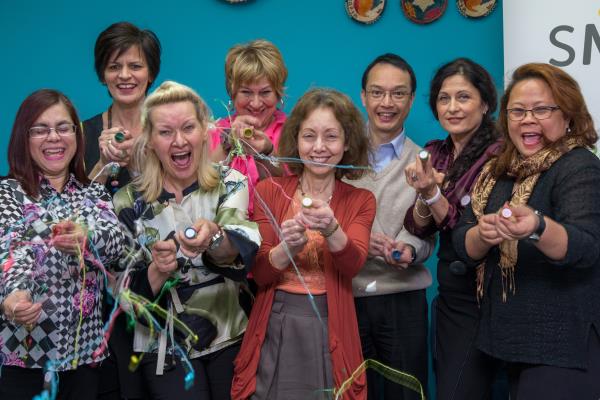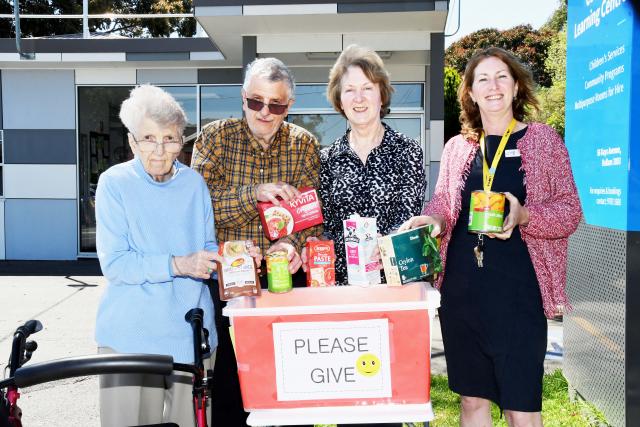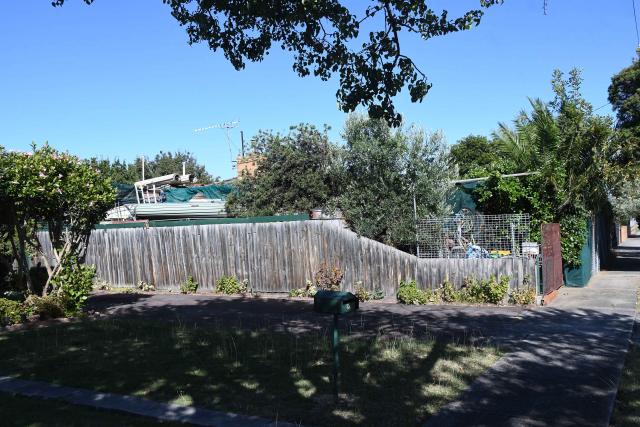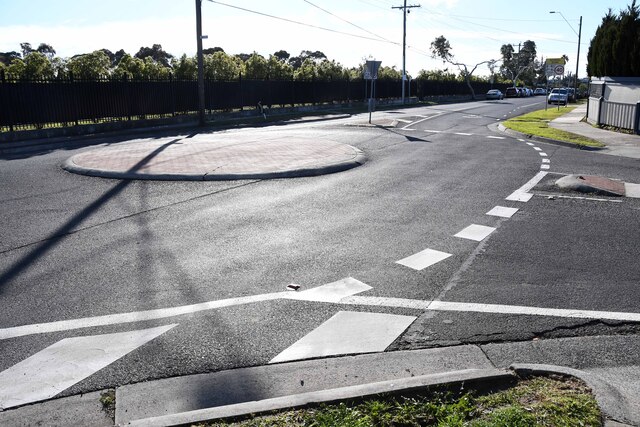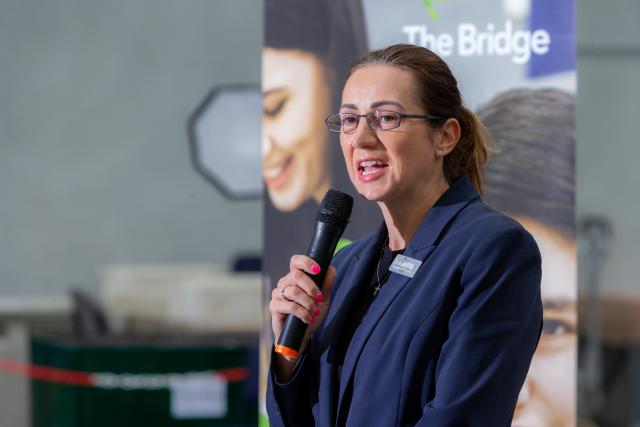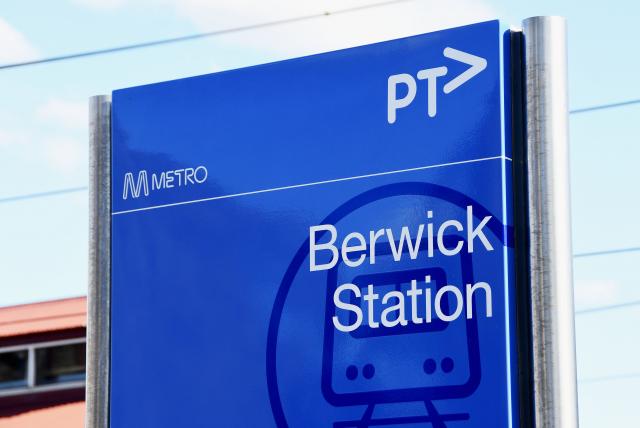By CASEY NEILL
IT’S been 21 years since a handful of people decided that refugees needed more support and advocacy in Greater Dandenong, Casey and Cardinia.
Southern Migrant and Refugee Centre (SMRC) will celebrate the milestone birthday this Wednesday, 15 October.
CEO Jenny Semple said the not-for-profit community-based agency formed with $200,000 from the then-Department of Immigration and Ethnic Affairs.
“We started with about seven staff and a committee of management and from that point we really grew and grew based on the demands,” she said.
“We’ve worked with all the waves of refugees and migrants that have come through.”
SMRC started out in Walker Street, Dandenong, offering settlement services.
It’s expanded into aged care and added a youth worker, employment programs, driver education, counselling and family support, home tutoring and more.
The organisation is now based in Thomas Street, Dandenong, and has about 64 office-based staff, 93 casual workers and 90 volunteers.
“We would be looking to move in the near future for something a bit bigger… and where the community would come in and have events and dancing and music,” Ms Semple said.
SMRC’s greatest demand is from asylum seekers who are ineligible for many government services.
“Those funded to provide for asylum seekers, they do a good job but it’s with very limited funding and within very limited scope,” Ms Semple said.
“What they can’t deliver moves the need onto other agencies that aren’t funded to support them.
“A lot of people want to help asylum seekers but they haven’t got the resources to do it.”
She said volunteer groups stepped up to meet the demand but services were “a bit disco-ordinated”.
“So they might be addressing a need that’s already being met instead of looking at what the gaps are,” she said.
“When you’ve got limited resources you want to make sure what you’ve got goes as far as it can and can help as much as possible.”
Ms Semple said technology was also a struggle for many migrants and refugees trying to access advice on housing, migration and other issues.
“A lot of service providers and government assume that everyone has a laptop and an email.
“A lot of our clients don’t have laptops or iPads or emails,” she said.
Another challenge SMRC has faced is working with short-term funding.
“You set the program up and you get everything established and you become very well experienced, people know about you and then suddenly the funding stops,” she said.
“You lose staff, you lose the program, you lose the confidence of clients.
“It’s difficult to plan ahead and have a strategic plan of what programs and where you want to go.”
But Ms Semple said SMRC was resilient.
“I think we have a very good culture of assessing what the client’s needs are and always looking to meet those needs,” she said.
Those needs include supporting the ageing migrant population through planned activity groups and through Diverse Care.
“We find that people as they get older revert back to their original language,” Ms Semple said.
“Diverse Care is a large pool of about 110 bilingual qualified personal care workers who we match with clients from other aged care agencies to provide personal care and other services to a person who speaks their language.
“That’s been really successful. That’s been operating for over 10 years and is continuing to grow as the population ages.”
Another successful SMRC initiative is providing community profiles and cultural training.
“I think it’s good that people are willing to learn and hear about how they can improve, and not just think that they’re all doing it right,” she said.

